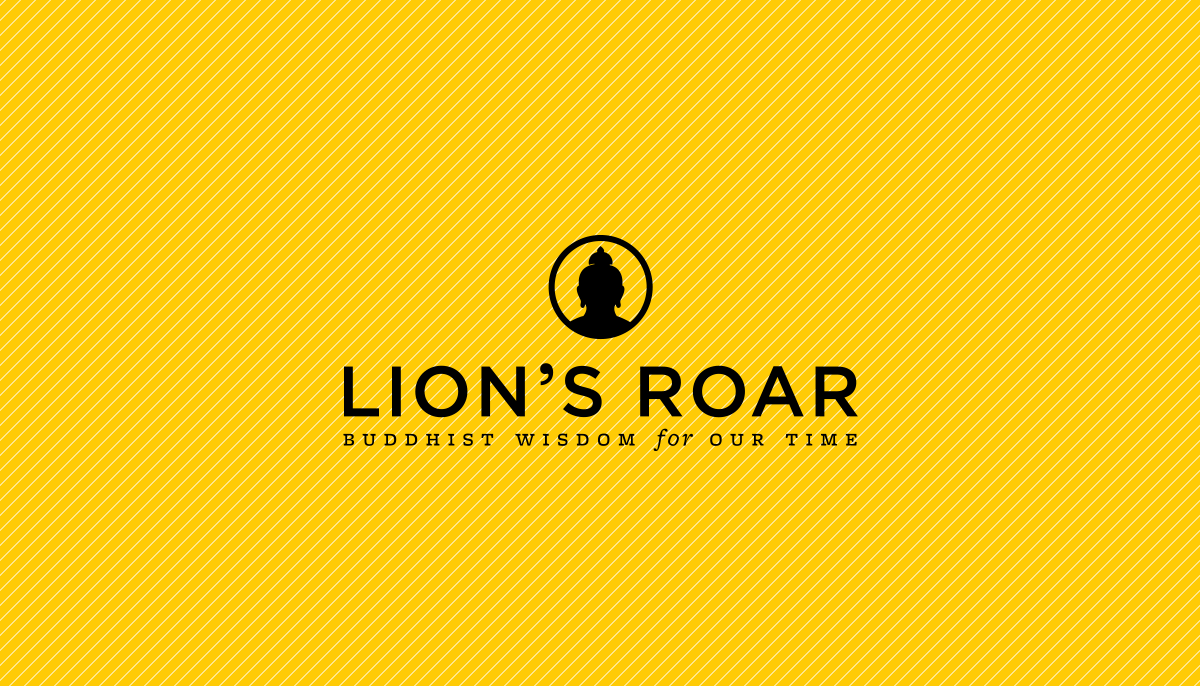Today more people are finding inspiration and fulfillment in their jobs by bringing their spirituality into the workplace. According to Fortune Magazine, seventy-eight percent of Americans feel a need to experience spiritual growth-and half of them say they openly talk about such spiritual needs at work. Christian and Jew, Muslim and Buddhist, more of us are seeking answers to fundamental spiritual questions, not just in the church or on the cushion but also on the job: What is “right livelihood”? What “spiritual values” should an employer support? Can I bring my spiritual priorities and insights to work or should I keep them to myself?
Each spiritual tradition answers these questions with its own unique blend of wisdom, heart and social responsibility. Yet, is there something that distinguishes a Buddhist approach in answering these questions? What does the meditative tradition of Buddhism offer in our quest to find spiritual fulfillment at work?
In order to answer these questions, we need to examine how spiritual approaches are shaping the modern workplace today:
God-centered approach. Hundreds of organizations and companies dedicate time and resources to bringing God-centered spirituality into the workplace. Mostly Christian, these organizations seek to strengthen employee faith in God and to further His work in the world. Legatus, for example, is an organization of 1200 Catholic CEO’s and spouses who meet regularly and are committed to “study, live and spread the Catholic faith in their business, professional, and personal lives.” Members work to help the underprivileged, build religious schools, support missionary work and promote Catholic values in business. Other God-centered organizations sponsor charity drives, employee prayer meetings and Bible study. The God-centered approach to spirituality concentrates on spreading the faith and extending a helping hand to those in need.
Ethical approach.The ethical approach to workplace spirituality focuses on cultivating values that inspire us to be noble and decent in how we engage our jobs and professions. The Aspen Institute, for example, a non-profit organization more than fifty years old, is dedicated to helping the business community “foster enlightened leadership, the appreciation of timeless ideas and values, and open-minded dialogue on contemporary issues….” Business leaders come to the Aspen Institute and hundreds of similar universities and institutions around the world to study and launch initiatives that respond to ethical challenges such as justice, preserving human rights in a global economy and protecting the environment. The ethical approach to spirituality centers on values, exploring those that drive current business practices, like efficiency, material wealth and competition, and cultivating those that at times may be overlooked, like honesty, fairness, respect and compassion.
Existential approach: This approach to workplace spirituality centers on finding and preserving meaning in our jobs and careers. Millions of people around the world find themselves leading futile lives trapped in a harsh and, at times, dehumanizing relationship with work. Slaughterhouse laborers, mine workers, migrant farmers and many others live lives of quiet desperation, and organizations like the Child Labor Coalition, United Mine Workers and the Pesticide Action Network of North America strive to protect workers’ rights and insure them an opportunity to earn a decent living and provide for their families. The existential approach to spirituality focuses on social activism, preserving the valuable human aspect of work and preventing dehumanizing business practices by helping workers protect what is meaningful and valuable to themselves and their families.
Buddhist approach. In many respects, the Buddhist approach to spirituality at work is not that different from these other three. As Buddhists, we too want to promote charitable works like our God-centered colleagues; we too want to strengthen the values of business integrity and environmental respect like our ethics-centered co-workers. And just like the existentially-minded activist, we too are committed to protecting those who are exploited and dehumanized. Yet, despite all these similarities, Buddhism does offer a unique approach to spirituality at work. Before our commitment to charity or ethics or activism, we, as Buddhists, are first committed to being authentic—to being fully who we are, where we are—right here, right now, on the spot.
As Buddhists, we discover through mindfulness meditation that in order to be helpful to others we first have to trust ourselves—to have the confidence in ourselves that we can live an inspired life without resentment and fear. And it is from this wakefulness—this profound appreciation of simply being alive—that we engage work. Whether we are raising a family or driving a bus, changing a light bulb or running an entire country, we first bring the spirituality of our mindfulness to the task. And by doing so, we discover our natural tendency to be kind, precise, open and helpful.
So, as Buddhists, we celebrate and work with our colleagues in promoting the spirituality of charity, ethics and social activism. Yet, we do so from having tamed our minds and from having gained confidence in remaining here in this present moment, open and willing to address our work—indeed our entire lives—wakefully, courageously and authentically.


